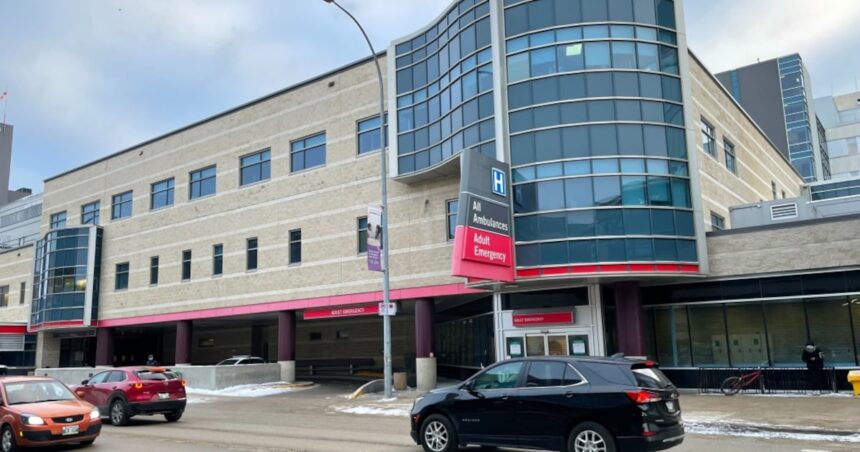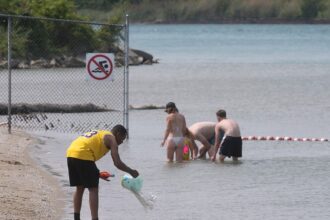In an unprecedented move that signals deepening healthcare tensions, Manitoba nurses have voted to place Winnipeg’s Health Sciences Centre (HSC) on a “grey list” amid mounting safety concerns that staff say have reached critical levels. The decision, confirmed Tuesday by the Manitoba Nurses Union (MNU), marks a significant escalation in the ongoing struggle between frontline healthcare workers and hospital administration over workplace safety protocols.
“This isn’t a step we’ve taken lightly,” said Darlene Jackson, president of the MNU, during a press conference outside the province’s largest hospital. “When nurses are telling us they don’t feel safe coming to work, that they’re being assaulted, threatened, and working in conditions that compromise both their safety and patient care, we have an obligation to act.”
The grey listing—a formal designation that stops short of job action but serves as a serious warning—comes after months of documented incidents, including physical assaults on staff, verbal abuse, and security breaches in high-risk areas. According to union data, reported violent incidents against nurses at HSC have increased by 47% over the past year, with many more going unreported due to what nurses describe as “documentation fatigue” and lack of administrative response.
Shared Health, which oversees the facility, has acknowledged the concerns but disputes the severity portrayed by the union. In a statement released hours after the announcement, spokesperson Jason Permanand said, “We take staff safety with the utmost seriousness and have implemented several measures to address security concerns, including enhanced security personnel presence and improved emergency response protocols.”
The grey listing process allows the union to formally document and track ongoing safety concerns while alerting current and prospective nursing staff about potential workplace hazards. It’s considered a significant step in labor relations, often preceding more direct job actions if conditions don’t improve.
Healthcare security expert Dr. Carolyn Melmed, who studies workplace violence in medical settings at the University of Manitoba, notes this action reflects broader national trends. “What we’re seeing at HSC mirrors concerning patterns across Canada’s healthcare system, where frontline workers face increasing threats while resources for protection remain stagnant or diminished,” she told CO24.
The nurses’ specific demands include increased security staffing, particularly during evening and overnight shifts, improved emergency response systems, mandatory violence prevention training, and transparent reporting of incidents with clear administrative accountability.
Manitoba Health Minister Uzoma Asagwara has requested an urgent meeting with union leadership, stating: “The safety of our healthcare workers is non-negotiable. We need to understand the full scope of these concerns and address them immediately.”
This development comes as Manitoba’s healthcare system continues to grapple with staffing shortages and increased patient volumes. HSC, as the province’s trauma center, sees some of the most complex and high-acuity cases, often involving patients in crisis, which nurses say contributes to the volatile environment.
For many veteran nurses like Emily Thorsson, who has worked at HSC for 22 years, the situation reflects a troubling shift. “I’ve never seen it this bad,” she explained. “We’re dealing with increasingly complex patients, often in mental health crisis or under the influence of substances, with fewer staff and security resources than we had five years ago. Something had to give.”
As Manitoba’s healthcare workers continue advocating for safer working conditions, the question remains: will it take a formal work action to achieve the security measures these essential frontline workers demand, or can meaningful dialogue bridge the growing divide between nursing staff and administration before patient care is affected?























